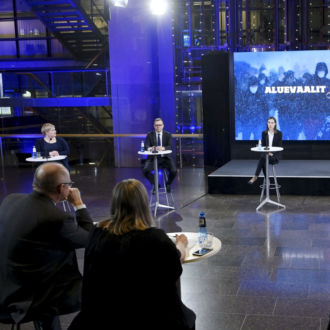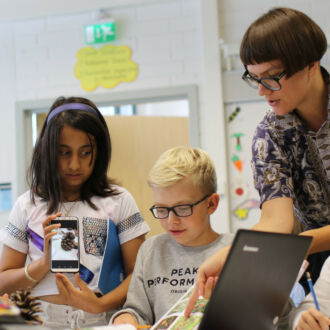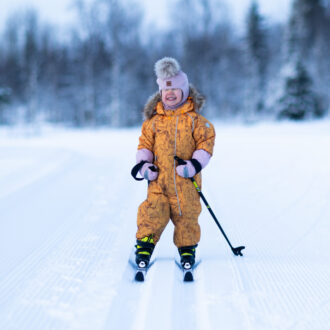Finnish adults were ranked as having exceptionally high literacy, numeracy and adaptive problem-solving skills in the new report for the Programme for the International Assessment of Adult Competencies (PIAAC). In addition to Finland, other Nordic countries and Japan performed well in the survey.
The OECD-organised study periodically examines key skills for processing information in a technology-rich environment. People need these abilities to participate in society and contribute to economic prosperity. The survey covers people 16 to 65 years old and is carried out about every ten years. The previous results were published in 2013.
Finland at the apex of all three rankings
In literacy, Finland ranked first, Japan was second and Sweden third out of 31 countries. Finland received 296 points, 36 points more than the OECD average. Literacy proficiency is measured in five levels. Finland had 35 percent of adults in the top two levels, compared to 23 percent in Japan, 20 percent in Sweden and 12 percent in the OECD. Altogether, 71 percent of Finnish adults were considered to have good literacy skills or better.
Finland was also first in numeracy, followed by Japan, Sweden, Norway and the Netherlands. Finns’ ability to understand and use mathematics received a score of 294, 31 points more than the average. Less than half (45 percent) of adults in OECD countries were considered to have good numeracy skills (level 3 or above). While 67 percent of Finns reached at least a proficiency level 3, 31 percent were in top two levels.
In adaptive problem solving, people in Finland and Japan scored best. Finland and Japan (276 points each) were followed by Sweden (273) and Norway (271) in the rankings. The average score in the OECD for problem solving was 251 points.
Happy and content
Finnish participants in their 20s had the highest skills in all three categories, although Finns of all ages had better skills than the OECD average. There were no significant differences between men and women.
First-generation immigrants performed significantly worse in literacy compared to the rest of the population, but this gap narrows when they speak Finnish or Swedish at home (the survey was carried out in Finnish or Swedish, which are both official languages in Finland). The gap also narrows if they have lived in Finland for more than five years.
The survey found a strong correlation between education and skills. The strength of all levels of the Finnish education system is reflected in the survey results. Finland is also one of the few countries where skills have improved since the prior survey. In 2013, Finland ranked second in all categories – behind Japan in literacy and numeracy, and after Sweden in problem solving.
The PIAAC survey also found nine out of ten adult Finns are satisfied with their lives, the highest proportion in the OECD. For seven years in a row, Finland has topped the UN World Happiness Report.
Other PIAAC data shows that 31 percent of participants in Finland believe that their “opportunities to have a say in politics” are good. This is one of the highest results among the countries surveyed.
In answer to another survey question, 68 percent of Finnish adults say they “feel they can trust people,” also one of the highest percentages among the participating countries. The better people’s information processing skills are, the more likely they are to score well in this category.
By David J. Cord, December 2024






